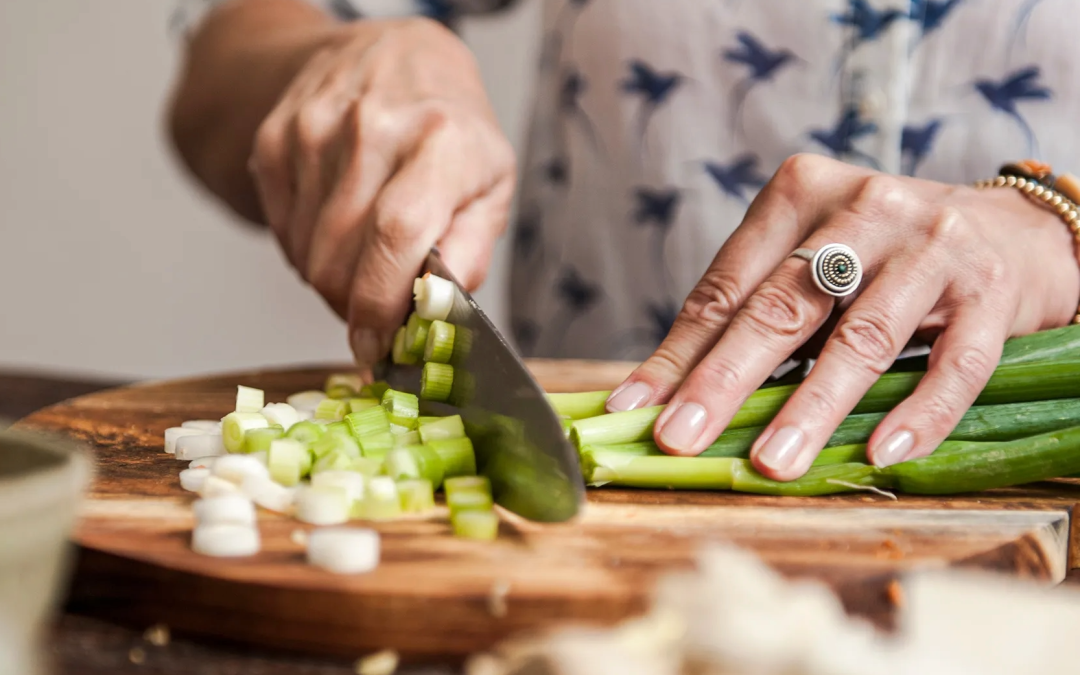Oman today_ Scallions not only enhance the flavor and aroma of dishes but also offer significant health benefits. The special sulfur compounds in scallions stimulate sweat glands and increase appetite. They also possess anti-diarrheal and antimicrobial properties, improve blood circulation, and enhance the absorption of vitamin B1 when consumed as an appetizer. Additionally, eating scallions can help reduce anxiety and relieve fatigue.
The white part of scallions is rich in calcium, while the green part contains high levels of vitamins A and C. The pungent compounds that give scallions their strong aroma are largely responsible for their health benefits. For instance, allyl propyl disulfide helps lower blood sugar, and quercetin acts as a powerful antioxidant with anti-inflammatory and anti-allergy properties.
All types of onions, including scallions, contain chromium, a mineral that helps regulate blood glucose levels. The vitamin C in scallions strengthens the immune system and protects against cardiovascular disease, eye problems, and skin aging. Other essential nutrients in scallions include fiber, manganese, vitamin B6, potassium, and copper.
Scallions help reduce cholesterol and blood pressure, preventing arterial blockages, and contain compounds that inhibit blood clot formation.
Therapeutic Uses of Scallions
Sore Throat: Chop the white part of scallions and place them in a cloth pouch. Warm it slightly with steam and apply it to the throat, chest, or the soles of the feet or hands. Combining scallions with ginger and a pinch of salt can enhance its effect, promoting sweating and reducing discomfort.
Swollen Feet: Boil scallions briefly, mix them with water to form a paste, and apply it to the swollen areas.
Runny Nose: Crush scallions and soak a cotton pad with the juice, then place it over the nose. You can also keep a bunch of scallions near your pillow to alleviate symptoms.
Nutritional Value of Scallions
Scallions are rich in flavonoids and vitamin C, and with the help of chromium, they improve cellular response to insulin. Regular consumption of scallions reduces cholesterol and regulates blood sugar, lowering the risk of heart attacks and strokes. They also help prevent ovarian cancer and other types of cancer. Eating scallions along with garlic supports digestive health and protects against intestinal parasites.
Tips for Buying and Storing Scallions
Choose scallions with fresh, green leaves and firm white bulbs. Avoid those that are soft or yellowish. Store scallions in plastic bags in the refrigerator and avoid freezing. For longer freshness, wrap them in slightly damp paper towels before refrigerating.
Ways to Use Scallions
Scallions are usually chopped and added to salads or cooked dishes. Mixing them with vegetables like lettuce, tomatoes, cucumbers, and radishes creates a fresh and nutritious salad. They can also be grilled with salt, pepper, and oil or added to omelets to enhance both flavor and nutritional value.

